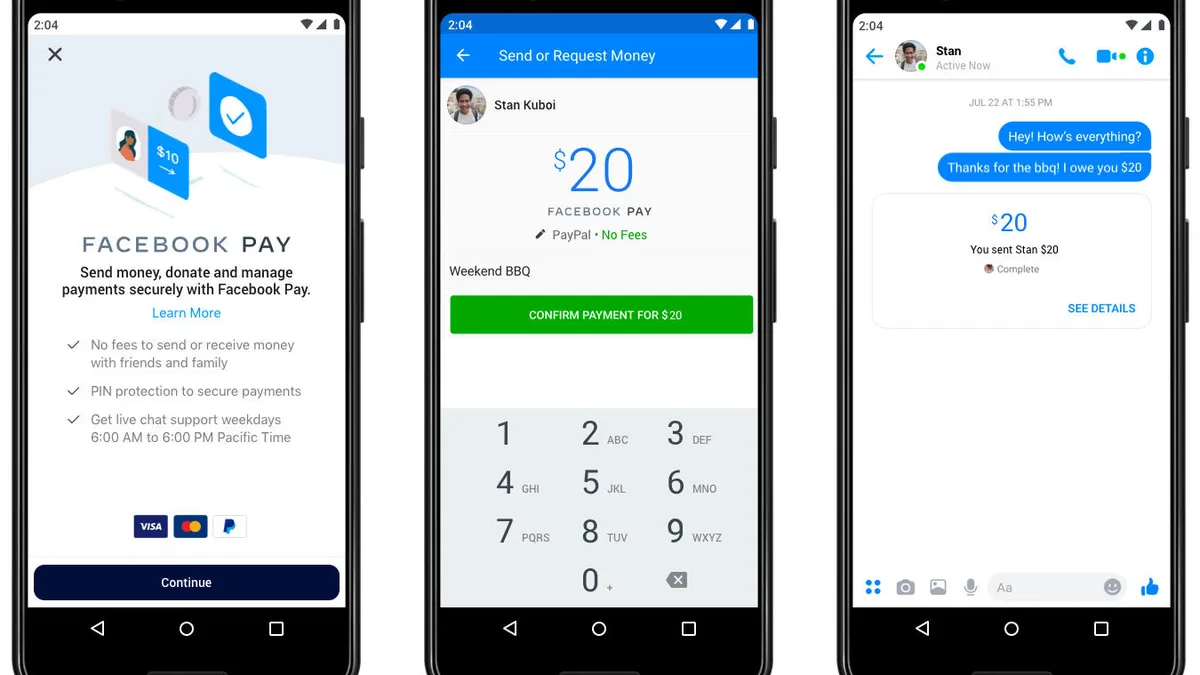WhatsApp, the popular instant messaging app owned by Meta, is expanding its payment options for users in India. The company announced on Wednesday that it has partnered with PayU and Razorpay, two leading payment service providers in India, to enable businesses to accept payments through credit and debit cards, net banking, and all UPI apps within the app itself. This move aims to make it more convenient for users to pay Indian businesses within a WhatsApp chat using their preferred payment method.
Key Takeaway
WhatsApp has partnered with PayU and Razorpay to enable businesses in India to accept payments through various methods within the app. This move aims to provide a seamless and convenient payment experience for users, while also driving revenue growth for WhatsApp and businesses.
WhatsApp’s Focus on the Indian Market
With over 500 million users in India, WhatsApp considers the country its largest market globally. In 2020, the app introduced its payment services in India as a pilot project, which was later expanded to 100 million users. However, it faces tough competition from established players like Google Pay, PhonePe, and Paytm, which dominate the UPI ecosystem. This latest update is an effort by WhatsApp to not only compete but also provide a seamless and convenient payment experience for users and businesses alike.
Enhancing the WhatsApp Business Platform
WhatsApp’s payment feature is now available to all businesses in India using the WhatsApp Business platform. Previously, Indian businesses could accept UPI-based payments through WhatsApp Pay. However, this latest update allows merchants to offer multiple payment options to customers, making it more convenient for them to complete transactions. This expanded scope opens up new possibilities for businesses and customers to utilize WhatsApp as a commerce solution, facilitating seamless transactions and driving revenue growth.
Potential for Increased Revenue and User Engagement
WhatsApp Business has become an essential revenue stream for the company, particularly in markets like India. Rather than charging users directly or displaying ads, WhatsApp generates revenue through paid features and enhanced payment support. By providing a richer in-app shopping experience, such as Flows that enable users to perform tasks like seat selection or appointment booking, WhatsApp aims to attract more users to engage in purchases through its platform. The introduction of additional payment options is expected to further boost user engagement and drive revenue growth for both WhatsApp and businesses operating on the platform.

























